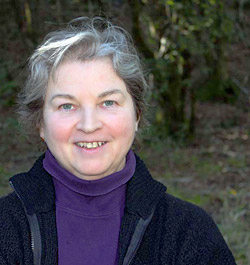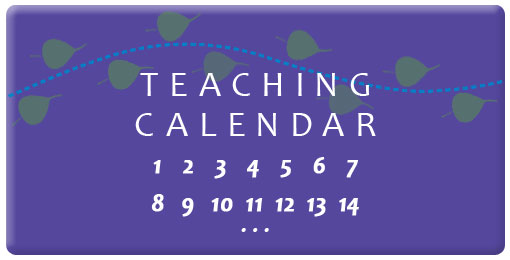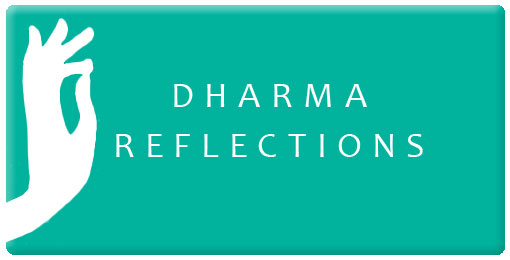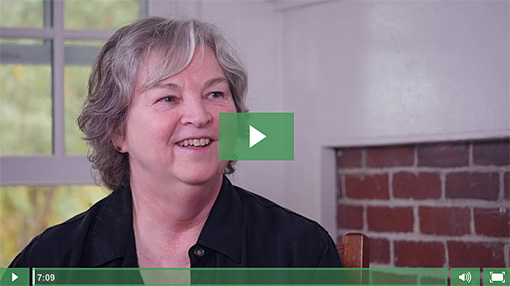• TEACHINGS BY WINNIE NAZARKO •
About Winnie

Winnie Nazarko first contacted the Dharma at a 1981 weekend retreat taught by Stephen and Ondrea Levine. While the retreat wasn’t what she expected, she did recognize something of great value, which had the qualities of transparency of being, equanimity, and absence of fear.
This was the beginning of a period of intensive dharma search and practice, bringing her into connection with many outstanding teachers. Among these have been Joseph Goldstein, Sharon Salzberg, Steve Armstrong and Kamala Masters, and Jack Kornfield. From their diversity of teaching styles, she came to appreciate the very individual ways the Dharma is expressed through the prism of specific personalities and life experience. While the truth is universal, the expression of that truth is personal and uses the language of direct experience.
Winnie’s own orientation to practice is rooted in a background in human services work and the desire to relieve human suffering. After years of work with issues of violence and hunger, it became apparent that the largest single impediment to human progress is the level of development of the average human mind. In 1998, she was asked to teach by Joseph Goldstein. She does so to help people open their full potential, in the interest of their own happiness and well- being and for the benefit of others who their lives affect.
Winnie’s teaching is rooted in the Eight Fold Path, with particular emphasis on aligning motivation with the student’s highest and wisest aspiration. Letting go (renunciation) and self-compassion are taught as essential, foundational attitudes in approaching and supporting practice. Meditation instructions draw from a variety of approaches, including the Mahasi style and its use of noting, and U Tejaniya’s emphasis on developing awareness of attitude of mind. When appropriate, students are given customized instructions which work with the actual experiences they are having, rather than insisting one method of practice works in all cases. There is an emphasis on skillful means, and an understanding students come to practice from many different circumstances and experiences. Accordingly, while the dharma presented is within the broad mainstream of western Theravadan teaching, flexibility of approach is valued.



